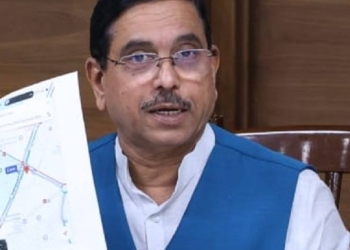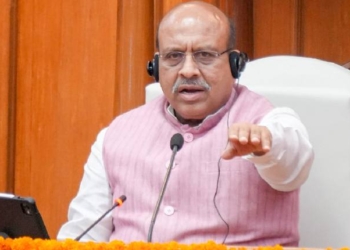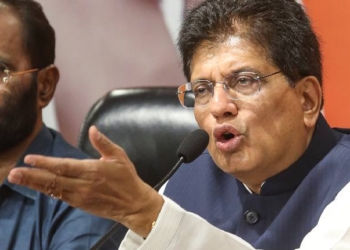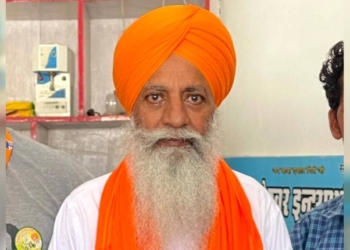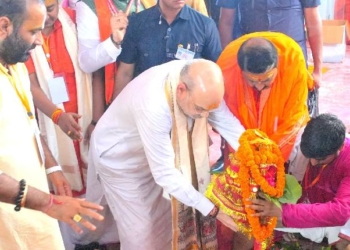New Delhi: The Supreme Court was informed on Tuesday that the Punjab Governor by an order has summoned the house for the budget session on March 3.
The Punjab government had moved the Apex Court challenging the state Governor’s refusal to convene the budget session of the Assembly on said date.
Solicitor General Tushar Mehta submitted before a bench headed by Chief Justice D.Y. Chandrachud that governor of Punjab has agreed to call the budget session of the Assembly on March 3. The hearing in the matter is in progress.
In the morning, senior advocate Abhishek Manu Singhvi, representing the Punjab government, mentioned the matter for an urgent hearing before a bench of Chief Justice of India (CJI) D.Y. Chandrachud and Justice P.S. Narasimha.
Singhvi contended that the Governor said since the chief minister made some statements in unconnected matters, he would not convene the session. The top court then scheduled the matter for hearing at 3.50 p.m. on Tuesday.
Last week, Governor Banwarilal Purohit said that he will decide on allowing the proposed Budget session of the state slated on March 3 only after seeking legal advice on the “derogatory and patently unconstitutional tweets and letter” written by Chief Minister Bhagwant Mann.
The council of ministers had recommended that the budget session be held from March 3-24 and a letter seeking the Governor’s approval was sent to him.
In the letter, Purohit reproduced the tweets and letter sent by the Chief Minister on February 13 and 14 in response to his letter.
On February 13, the Governor had slammed the Aam Aadmi Party (AAP) government by questioning decisions taken by it in the past couple of weeks, including lack of transparency in selecting teachers to be sent to Singapore for training.
He had also questioned the appointment of a “tainted” person as chairperson of Punjab Infotech, saying he was accused in property grabbing and kidnapping cases.
The Governor had sought the criteria and details of the entire selection process of Principals for sending them to Singapore as there were allegations of “no transparency”.
(IANS)





